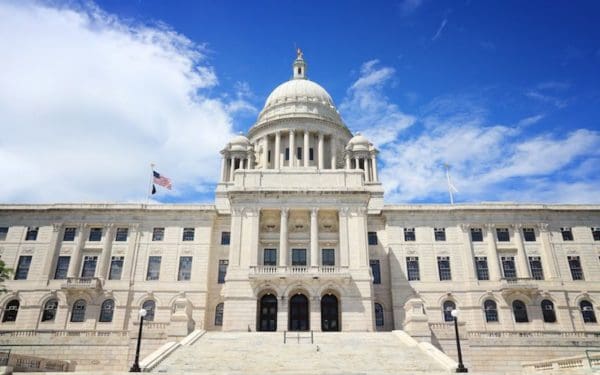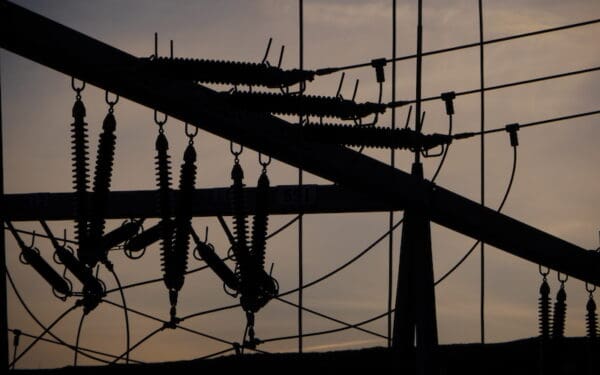Dec 16, 2022
“Rhode Island clearly has a lot of work to do when it comes to meeting the demands of the climate crisis,” said Darrèll Brown, Vice President of CLF Rhode Island. “The plan that the council approved today is a good first step, and it recommends some much-needed policies like electrifying transit fleets and expanding incentives for clean, efficient heat pumps. But this experience showed us how much time it takes to create an inclusive climate plan – we need to get to work now on the plan’s next iteration which is due in 2025.”
Nov 30, 2022
“We can’t burn our way out of this problem,” said Caitlin Peale Sloan, Vice President of CLF Massachusetts. “Burning oil and gas in our homes pollutes our air and worsens the effects of the climate crisis. The commission’s report is absolutely correct: we need to start planning now for a cleaner future without gas, whether it’s fossil gas or alternative methane gases.”
Nov 18, 2022
The 2022 midterms captured national headlines for weeks. We asked CLF experts how the results will impact climate action and environmental justice in New England.
Nov 03, 2022
Are fuels derived from crops and waste good climate solutions at scale? Short answer: No. Here’s why.
Nov 02, 2022
A recent piece by Anne George, Vice President of Public Relations for ISO-New England, calls CLF’s critiques baseless. Here’s why she’s wrong.
Oct 17, 2022
But if history is any guide, we shouldn’t hold our breath for ISO-New England to take climate change seriously.
Oct 05, 2022
Restoring nature is one of the best tools we have for tackling the climate crisis. That means we all have a stake in protecting our wetlands and coastal ecosystems.
Oct 04, 2022
The plan ignores the role state policy plays in spiking electricity costs while calling for more polluting natural gas.
Sep 25, 2022
To fight climate change we need a strong and committed power grid operator that makes cleaning up our energy mix its first priority.
Sep 22, 2022
Despite the fossil fuel industry’s greenwashing, “renewable” natural gas still pollutes the climate and hurts our health.








